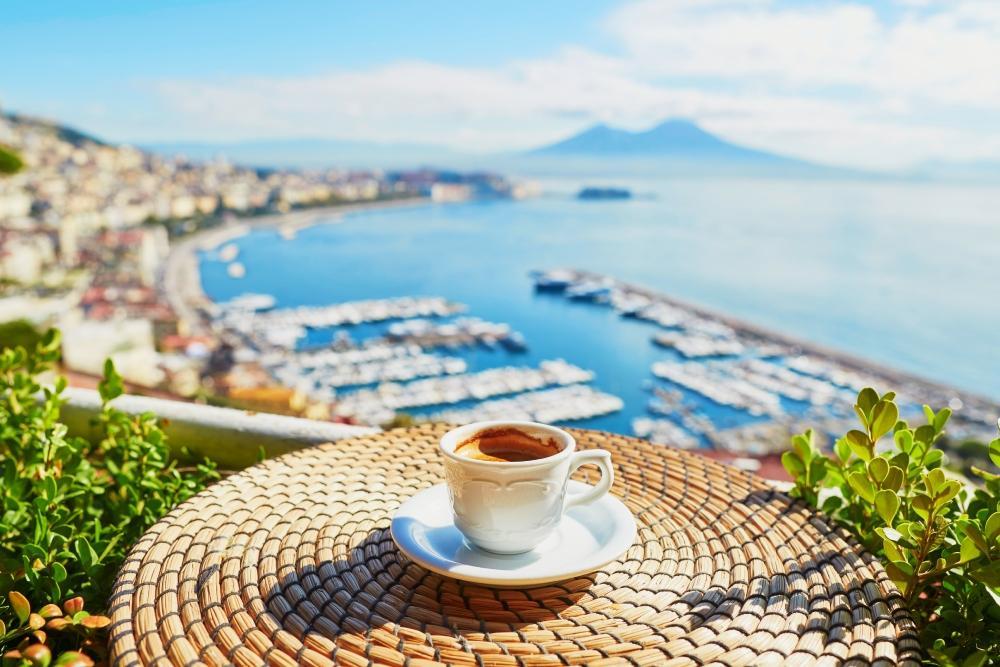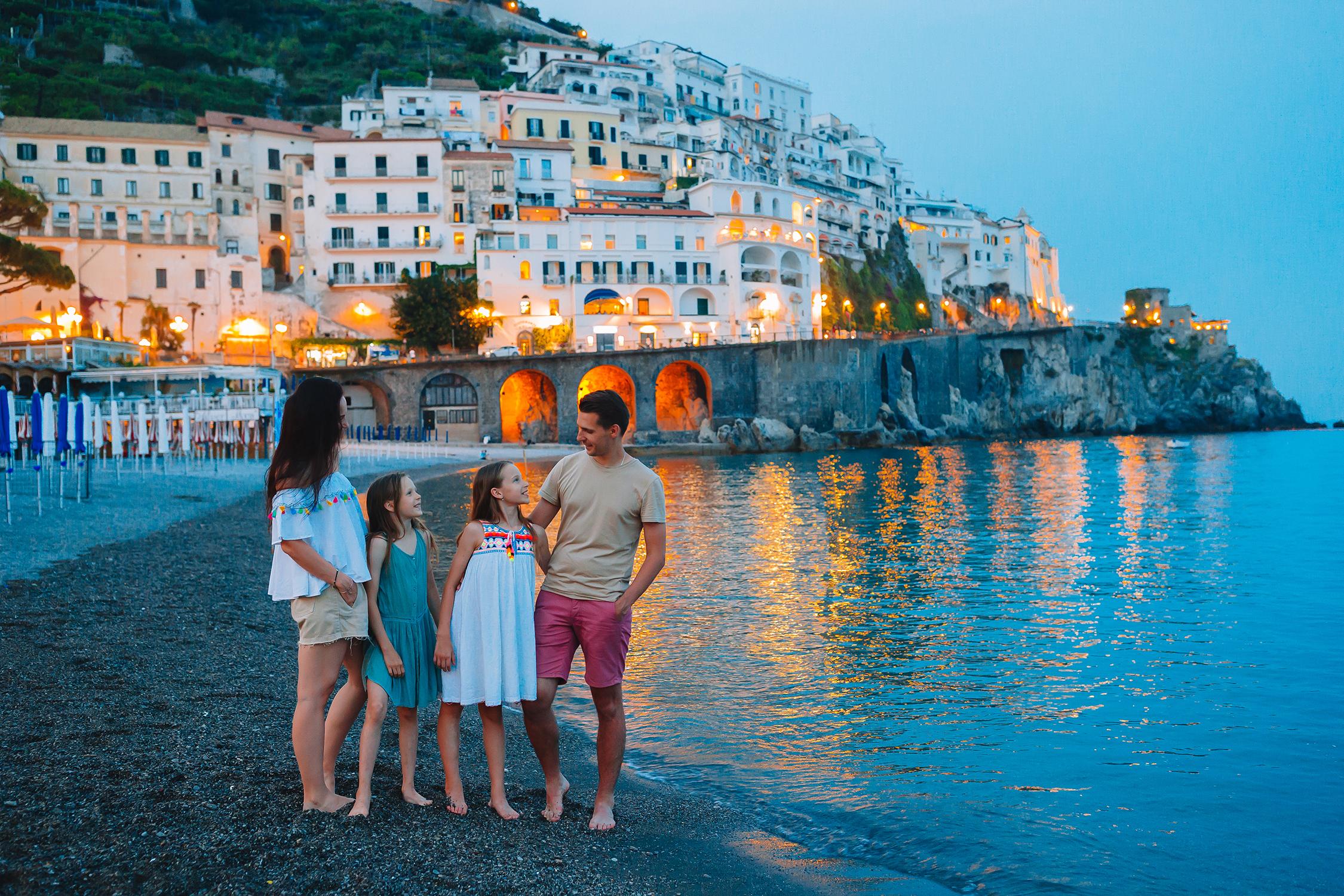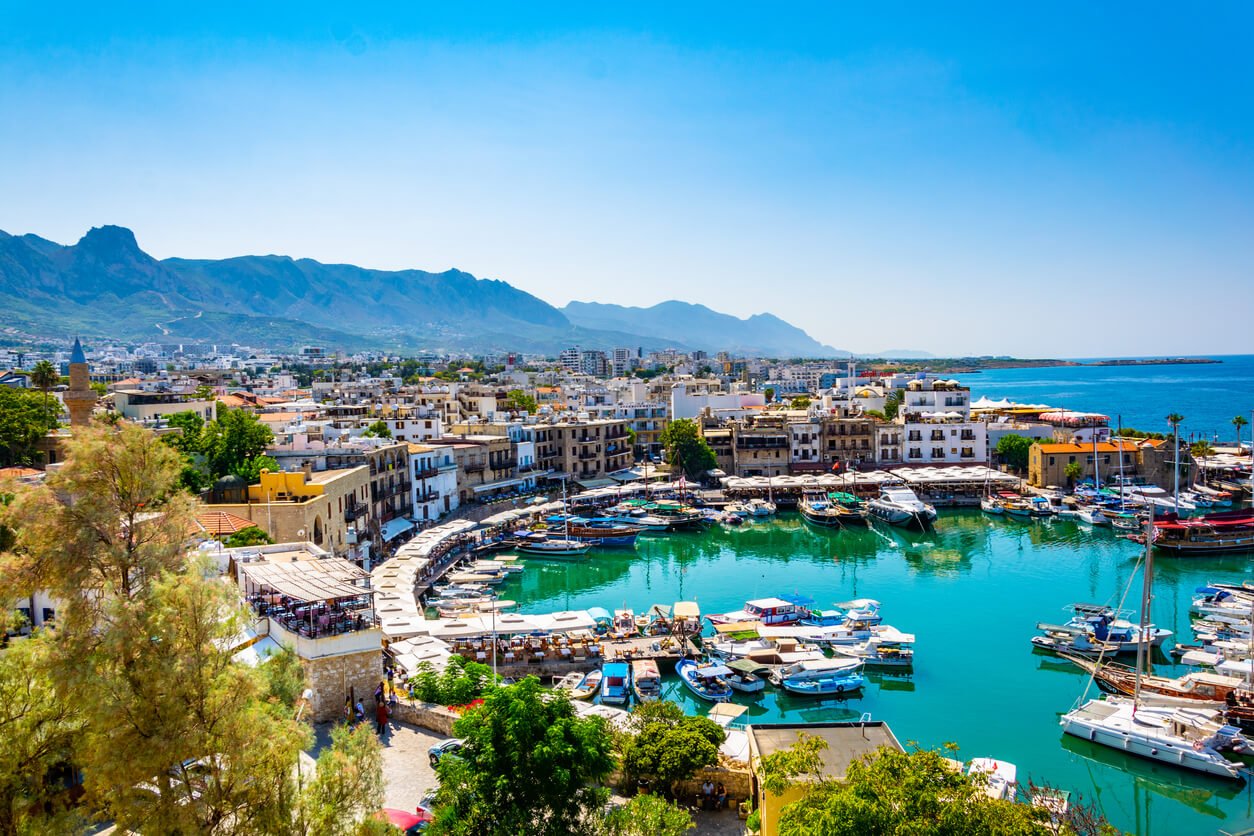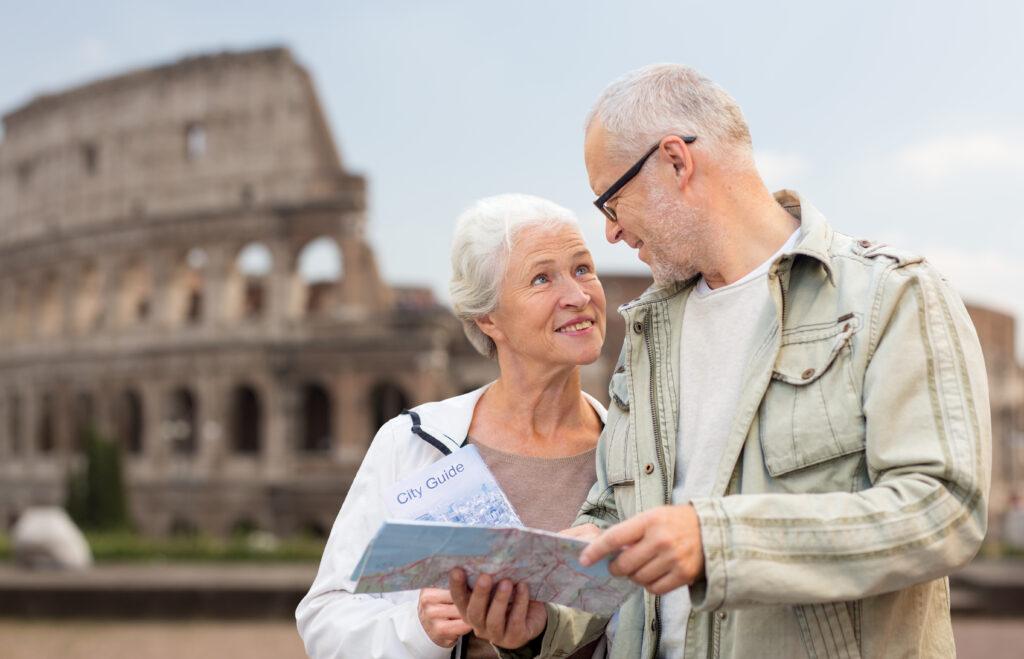
The only risk of moving to Italy for retirement is their enchanting and addictive gastronomy. No matter how hard you look, that’s the only downside (is it really a downside?). Because for everything else: cultural life, social life, climate, and safety, Italy passes the test with flying colors.
Could you live on your retirement income in Italy?
On average, the cost of living in Italy is significantly lower than in the United Kingdom.
Of course, exceptions apply to major cities and the Swiss border (Val d’Aoste), where prices are comparable to those in London. However, once you’re in Piedmont, prices suddenly become much lighter, and your wallet much heavier.
This is why you might consider retiring in Italy, especially if you’re familiar with the cost of living in different cities. The country is easily accessible for smaller pensions across more than half of the territory.
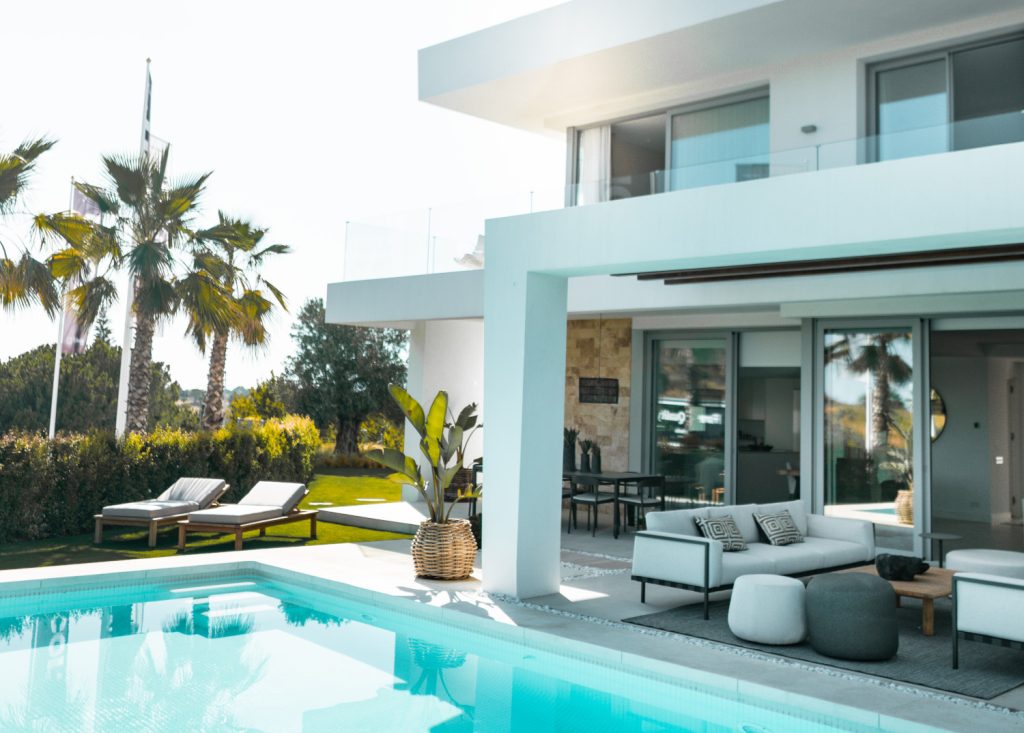
The taxation of retirees in Italy
Are there any tricks to lighten your tax burden? Has Italy implemented any special provisions to make it attractive?
Yes, there is a tax advantage, but under certain conditions.
In 2019, Italy introduced a status called « NHR » (Non-Habitual Resident) with the following conditions:
1. You must settle in the southern part of Italy, specifically in Abruzzo (provinces of L’Aquila, Chieti, Pescara, and Teramo)
- Apulia (provinces of Bari, Barletta-Andria-Trani, Brindisi, Foggia, Lecce, and Taranto)
- Basilicata (provinces of Matera and Potenza)
- Calabria (provinces of Catanzaro, Cosenza, Crotone, Reggio Calabria, and Vibo Valentia)
- Campania (provinces of Avellino, Benevento, Caserta, Naples, and Salerno)
- Molise (provinces of Campobasso and Isernia)
- Sicily (provinces of Agrigento, Caltanissetta, Catania, Enna, Messina, Palermo, Ragusa, Syracuse, and Trapani)
- Sardinia (provinces of Cagliari, Carbonia-Iglesias, Medio Campidano, Nuoro, Ogliastra, Olbia-Tempio, Oristano, and Sassari)
2. You must reside in a town with fewer than 20,000 inhabitants.
3. You must receive a pension from the private sector and abroad, not from the public sector or Italy.
4. You must not have resided in Italy in the last 5 years.
5. You must become a tax resident in Italy (live there for at least 183 days a year and have your main residence there).
To be subject to the preferential tax rate of 7% on income, the retiree’s home country must have signed a bilateral double taxation treaty; otherwise, the tax will be withheld in their country of origin.
If the conditions are met, the new tax will apply from the first year of declaration and for a period of 10 years. Once the duration is exceeded, you will be subject to the Italian progressive tax regime.
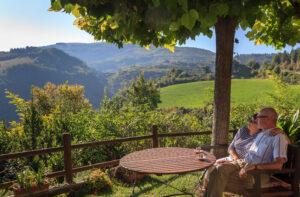
The main administrative steps to retire peacefully in Italy can be divided into pre- and post-move phases
Certain formalities must be completed before departure, while others are carried out upon arrival.
Before the move, you should:
- Inform your pension funds and health insurance of your new place of residence.
- Notify your bank of your change of address as soon as you have found accommodation.
- Inform all your service providers (internet, phone, postal services, etc.).
- Notify the tax authorities.
- Obtain the Codice Fiscale (Tax Code) from the Consulate, which will submit a request per person to the Agenzia delle Entrate.
Once on-site, within the initial 3 months as a Schengen Area resident:
Beyond this initial stay duration, administrative procedures begin:
- Obtain the certificate of residence from the Anagrafe of your city or municipality (registration office). To do this, you must have an address in Italy, whether rented or owned.
- Open a bank account in Italy. Choose the Conto Corrente Standard (current account) using your Codice Fiscale, certificate of residence, and identification.
These steps are essential to ensure a smooth transition and legal residency in Italy during your retirement. It’s advisable to seek advice from local authorities or consult with an expatriate advisor to navigate through these administrative processes effectively.

Retirement and healthcare in Italy: A guide
The best healthcare system might not be something other than English but Italian. That’s why the quality of life is better: you can receive medical care for free and benefit from comprehensive health coverage.
At least for general medical care. For specialised medicine and dentistry, it will be necessary to have supplementary health insurance or a good mutual insurance, as the coverage by Italian services is only partial.
Note that you will have to pay contributions to the local health insurance, which will cover your needs.
What are the steps to trigger your rights?
The Italian social security system is called Servizio Sanitario Nazionale (SSN).
Your goal, once you have completed all the formalities, is to obtain the Tessera Sanitaria – Carta Nazionale dei Servizi (Health Card – National Services Card).
To do this, you first need to go to the « Agenzia di Tutela della Salute » in your city with your codice fiscale, certificate of residence, and various retirement pension statements.
Then, you will go to the « Azienda Sanitaria« .
Once you obtain the coveted smart card, you will be connected to various portals of the Italian administration, including the « Agenzia delle Entrate » (taxes, social security, reimbursements, etc.).
Driving license (with caution) in Italy
If you are a citizen of the European Union and of legal driving age, you can use your original driver’s license on Italian roads if it is international. There is no need to change it.
However, for nationals from non-EU countries, you will need to go to the Ministry of Transport (Ufficio della Motorizzazione Civile) within 1 year of your arrival to fill out the TT 2112 form. Bring an identification document, passport-sized photos, and a medical certificate.
After paying the processing fees, you will be issued an Italian driving license.

Retirement in Italy: Keeping yourself busy
To fully enjoy all the possibilities that the Italian peninsula has to offer, we recommend starting by learning or mastering the language.
How to learn Italian?
It is a necessary activity for a smooth integration, as Italians are not widely recognized for their conversations in English, at least not in the southern regions.
You can learn Italian in a specialised organism or online.
Some typically Italian activities
Life in Italy unfolds outdoors due to its mild climate, and residents enjoy going to cafes to chat (with hand gestures). But they also love playing card games.
Card Games: A favorite activity for retirees in Italy
- La Scopa: This game is Sicilian but played absolutely everywhere in Italy. Everyone knows it, and retirees love playing it outdoors or in cafes. The rules aren’t complicated, but there’s a bit of a learning curve as the cards don’t resemble anything you’re familiar with. It’s the game to adopt as an absolute priority to blend in.
- La Briscola: Since this game is played with the same cards as Scopa, you need to learn how to handle them, and then you can diversify your approaches.
- Il 31 (31): Also played with the same cards, the goal here is to reach 31 points and trap your opponents.

The food: Pasta and Pizza
Learning to cook homemade pasta is an essential activity that is part of the cultural heritage.
You will need a pasta machine and a pasta drying rack and take a few classes to get the hang of it.
Then, it’s up to you to make gnocchi, farfalle, linguini.
Additional Activity:
You could consider creating tutorials on Instagram or YouTube to help your compatriots back home make equally beautiful pasta.
As for pizza, recipes are passed down from generation to generation and remain in the realm of industrial secrets. That said, you can take classes and earn your pizza-making diploma.
Nothing beats homemade pizza with fresh local ingredients.
And yes, Italy is charming
Italy is rich in its history of a fallen empire, its magnificent ancient ruins, and its convivial traditional food; it also offers an excellent quality of life for retirees.
There, you won’t settle for the minimum; you’ll have numerous activities without spending too much and can contribute to energizing the country. Your arrival is appreciated, and you will be very well welcomed.

